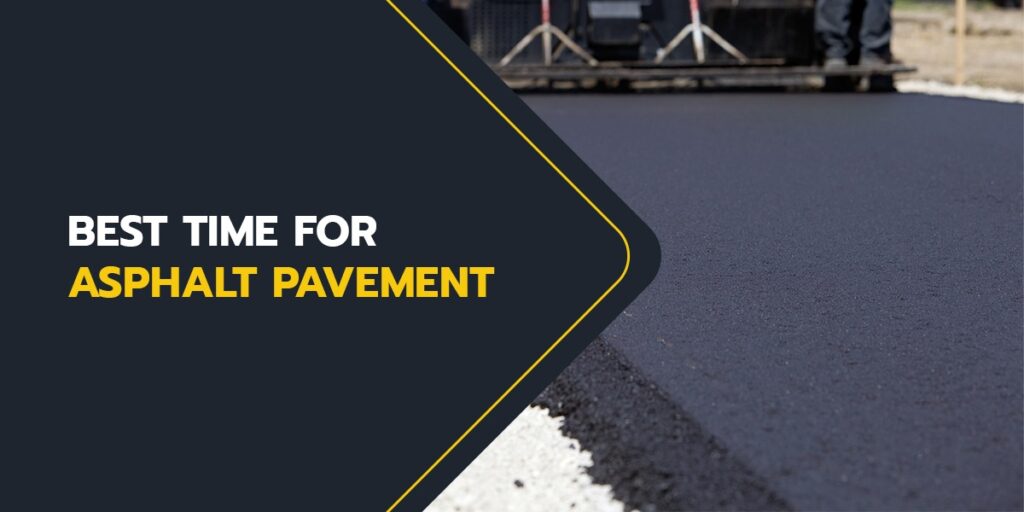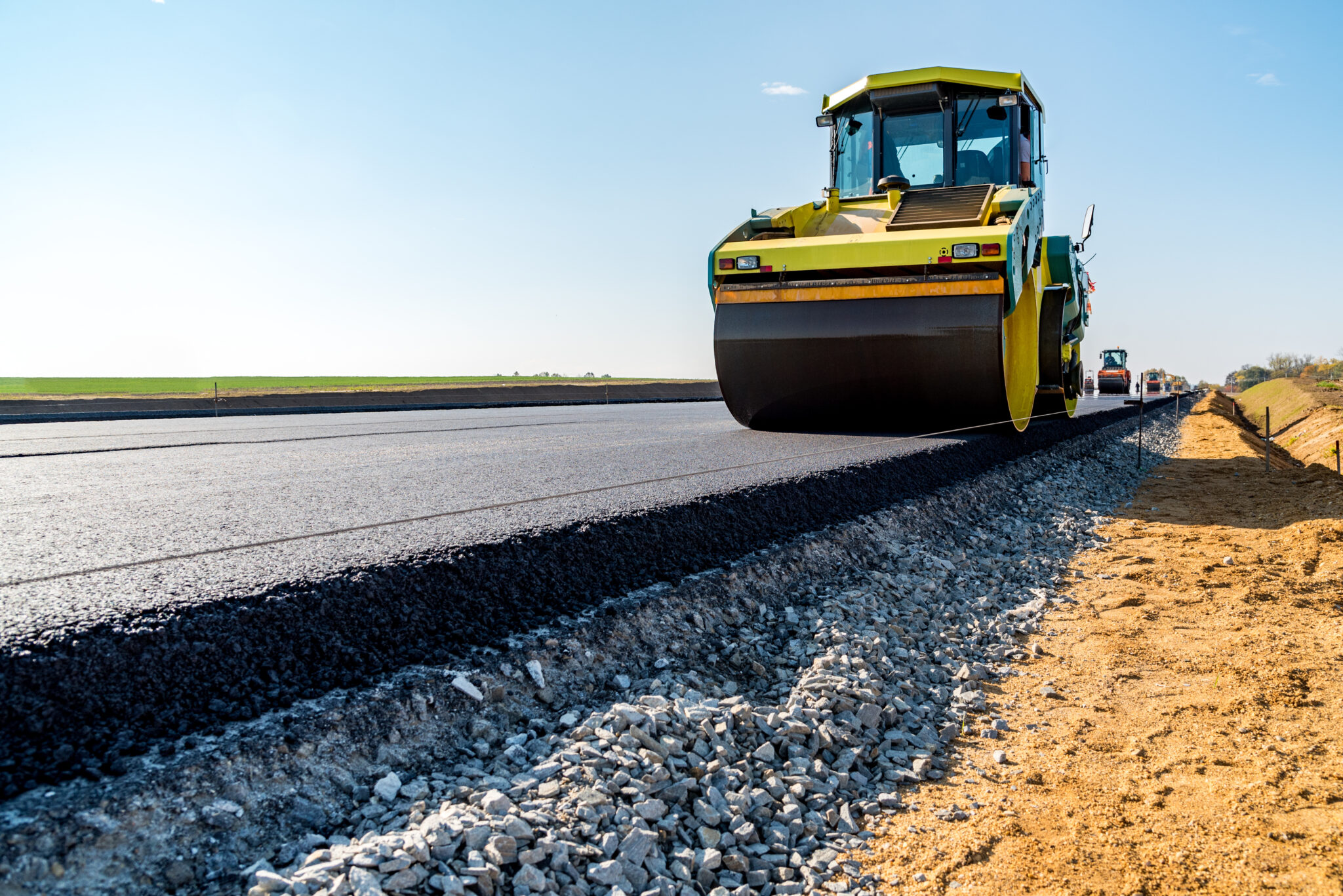Asphalt Paving Acworth GA: Driveway, Road, and Parking Lot Paving Done Right
Asphalt Paving Acworth GA: Driveway, Road, and Parking Lot Paving Done Right
Blog Article
Understanding the Various Types of Asphalt Paving Available Today
In the realm of construction and facilities, a detailed understanding of the different kinds of asphalt paving is critical for optimum project end results. From the durable Warm Mix Asphalt, made for high-traffic locations, to the environmentally conscious Porous Asphalt that facilitates water monitoring, each type presents distinct advantages tailored to specific demands.

Hot Mix Asphalt
What makes warm mix asphalt a favored choice for roadway building and repair work? Warm mix asphalt (HMA) is preferred for its sturdiness, adaptability, and performance under varying problems.
HMA's ability to be customized to certain project needs is one more significant benefit. Different ranks and formulas can be utilized to improve residential properties such as flexibility, resistance to contortion, and longevity. In addition, hot mix asphalt can be promptly set up and open up to web traffic, minimizing interruption during building.
Environmental considerations additionally play a function in the choice for HMA. The material is recyclable, and recovered asphalt pavement (RAP) can be reused, advertising sustainability in road building and construction techniques. In general, warm mix asphalt stands apart as a reliable choice, efficiently giving a durable, high-performance surface area that fulfills the demands of contemporary framework.
Cold Mix Asphalt
Cold mix asphalt is a versatile option to hot mix asphalt, especially matched for specific applications such as patching and surface therapies. This kind of asphalt is produced at ambient temperatures, permitting less complicated handling and application without the need for substantial home heating tools.
Generally made up of asphalt solutions or lessenings, cold mix asphalt can be mixed on-site or bought pre-mixed. Its buildings allow it to bind well with existing pavement, making it an effective service for repairing splits, fractures, and various other surface area flaws. In addition, it can be used in a selection of weather, offering a useful choice for year-round maintenance.

However, while chilly mix asphalt is perfect for temporary repairs, it might not supply the same durability or longevity as hot mix asphalt under rush hour problems. It is best utilized for low-traffic areas or as a momentary remedy till more permanent repair work can be carried out.
Cozy Mix Asphalt
While warm mix asphalt has actually long been the standard for roadway construction, warm mix asphalt (WMA) has actually emerged as an ingenious alternative that balances performance with environmental considerations. WMA is generated at significantly lower temperature levels-- usually in between 215 ° F and 275 ° F-- compared to hot mix asphalt, which is warmed to around 300 ° F. This decrease in temperature level not just reduces energy intake but additionally lowers greenhouse gas emissions during manufacturing.
The technology behind WMA includes using additives or methods that allow better workability at lower temperature levels. These can consist of chemical additives, foaming processes, or a combination of both. Therefore, WMA maintains the needed residential or commercial properties for sturdiness and performance while supplying a much more eco friendly option.

Porous Asphalt
Porous asphalt stands for a forward-thinking approach in pavement design, prioritizing both performance and environmental sustainability. This innovative material is specifically engineered to allow water to permeate via its surface area, properly lowering drainage and advertising groundwater recharge. As a result, permeable asphalt is a superb selection for locations susceptible to flooding or where stormwater administration is vital.
The structure of porous asphalt differs from traditional asphalt, including a greater percentage of voids that facilitate water drainage. This residential or commercial property not just check here reduces surface water buildup however also helps minimize problems like hydroplaning and boosts automobile traction during damp conditions. asphalt paving acworth ga. In addition, permeable asphalt can contribute to urban warmth island reduction, as it enables better dissipation and cooling effects in urban settings
In terms of setup, porous asphalt requires mindful factor to consider of underlying drainage systems to make sure optimal efficiency. Maintenance generally entails regular examinations and cleaning up to stop blocking from particles, which can hinder its leaks in the structure. In general, permeable asphalt serves as a sustainable paving remedy that aligns with modern ecological goals, making it a significantly popular option for both public and private jobs.
Rubberized Asphalt
Rubberized asphalt is an advanced paving material that integrates recycled rubber, typically sourced from scrap tires, into the asphalt mix. This cutting-edge approach not only improves the efficiency of traditional asphalt however likewise advertises ecological sustainability by reusing waste materials. The enhancement of rubber boosts the adaptability and sturdiness of the sidewalk, making it immune to fracturing and deformation under differing temperature conditions.
One of the considerable advantages of rubberized asphalt is its capacity to lower sound pollution. The rubber news particles take in audio, resulting in quieter roadways, which is particularly helpful in urban areas. In addition, this sort of asphalt supplies boosted skid resistance, boosting safety and security for vehicles.
Rubberized asphalt also adds to extending the lifespan of road surface areas, causing decreased maintenance costs over time. This longevity is particularly useful for high-traffic areas where damage are increased. Furthermore, its resistance to wetness penetration helps reduce the threat of water damage, even more enhancing resilience.
Conclusion
In summary, the range of asphalt paving types-- Hot Mix Asphalt, Cold Mix Asphalt, Cozy Mix Asphalt, Porous Asphalt, and Rubberized Asphalt-- each meet unique features that provide to varied building and maintenance demands. These choices not just boost road quality yet likewise contribute to sustainability through minimized energy intake and enhanced water management. Recognizing these distinctions is essential for selecting the proper asphalt type, inevitably making sure effective and reliable paving remedies in various settings.
From the read what he said robust Warm Mix Asphalt, developed for high-traffic locations, to the environmentally aware Porous Asphalt that helps with water monitoring, each type offers distinct benefits customized to particular demands.Typically composed of asphalt emulsions or lessenings, cold mix asphalt can be combined on-site or purchased pre-mixed.While hot mix asphalt has long been the requirement for roadway building, cozy mix asphalt (WMA) has arised as an innovative option that stabilizes efficiency with ecological factors to consider.Rubberized asphalt is an advanced paving product that includes recycled rubber, usually sourced from scrap tires, right into the asphalt mix.In summary, the range of asphalt paving kinds-- Hot Mix Asphalt, Cold Mix Asphalt, Warm Mix Asphalt, Porous Asphalt, and Rubberized Asphalt-- each meet distinctive functions that cater to diverse building and construction and upkeep needs.
Report this page